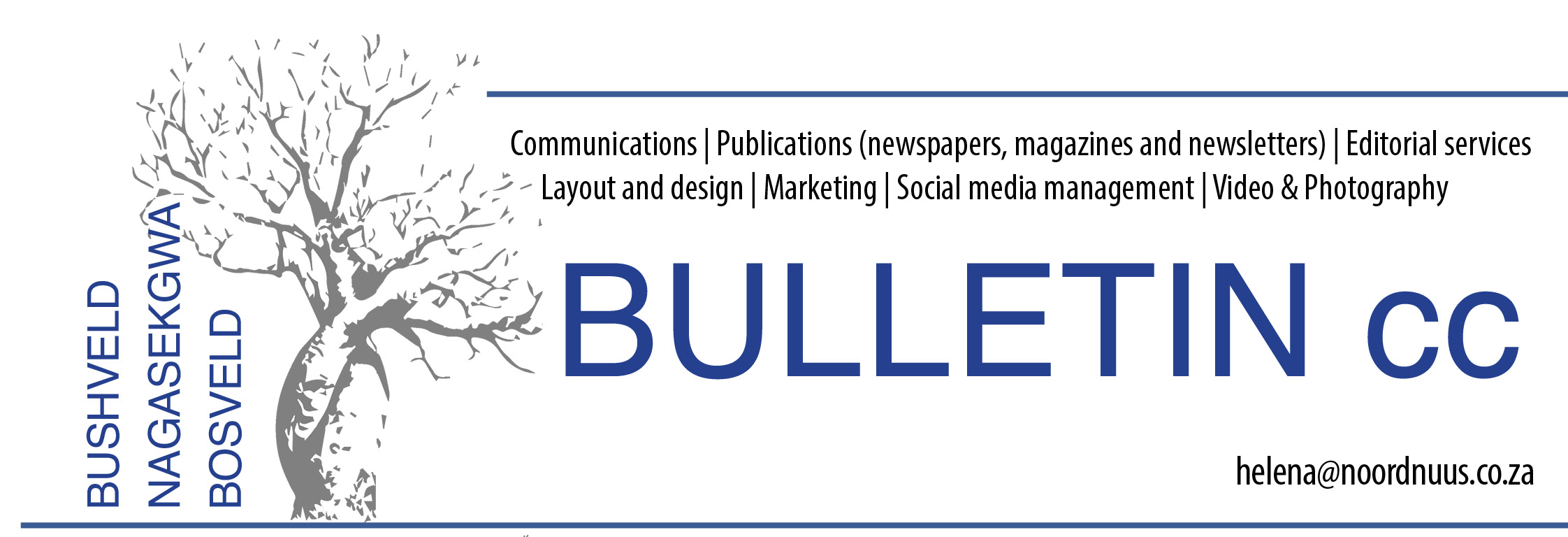Freedom of religion
This year the South African Constitution celebrates its 20th year since promulgation by the late President Nelson Mandela. Much will and have been written elsewhere about the brilliance and the shortcomings of the Constitution.
An important but sometimes neglected aspect of our Constitution is religious freedom. Freedom of religion is a fundamental human right, recognised, amongst others, in Article 18 of the Universal Declaration of Human Rights, Article 8 of the African Charter on Human and Peoples’ Rightsand section 15(1) of the Constitution.
The Constitutional Court of South Africa has praiseworthily recognised the importance of religion to society, ‘in a language far more encouraging ... than one would find in legal judgements elsewhere in the world...’ according to Dr Prof. Iain Benson, an international legal scholar.
Justice Albie Sachs of the Constitutional Court, an atheist, noted in the landmark case of Christian Education South African v Minister of Education(2000) that, ‘For many believers, their relationship with God or creation is central to all their activities.’
In S v Lawrence(1997) the Constitutional Court, drawing from a Canadian case, held that freedom of religion essentially entails having a religious belief, declaring or expressing it publically, and manifesting such religious belief by, for example, worship, practice or teaching.
Freedom of religion links with other rights, such as freedom of association (s 18), the rights of cultural, religious and linguistic communities (s 31), freedom of expression (s 16) and the right to establish independent (religious) educational institutions (s 29(3)).
The Constitution established the lengthy-named Commission for the Promotion and Protection of the Rights of Cultural, Religious and Linguistic Communities. This, like the Public Protector, is a Chapter 9 institution, aimed at supporting our democracy. Alarmingly, the Commission has recently recommended what is effectively the regulation of religion and churches in South Africa, in light of genuine concerns about charlatan religious ‘ministers’.
Section 234 allows for Parliament to adopt Charters of Rights which would strengthen our democracy. The first one to be developed was the South African Charter of Religious Rights and Freedoms. This modelreligious-legal document was drafted by religious scholars, religious leaders and international legal experts. When passed into law one day, the Charter will significantly advance religious freedom in South Africa.
Apart from the drafting of the Charter, members of society also work in many other ways to protect and advance freedom of religion. These include organisations like Freedom of Religion South Africa, Family Policy Institute and Cause for Justice.
Seen as a whole, the Constitution had a generally positive impact on South African society. It must, however, never be forgotten that the carriers of human rights, you and I, have a vital role to play in advancing the common good.
That is why the most important and fundamental government of any society is you. Virtuous, honourable and righteous government of self inevitably aligns the other three types of government, namely, family government, church government and ultimately civil or state government. To this end the Constitution has contributed, but also detracted.












0 Comments